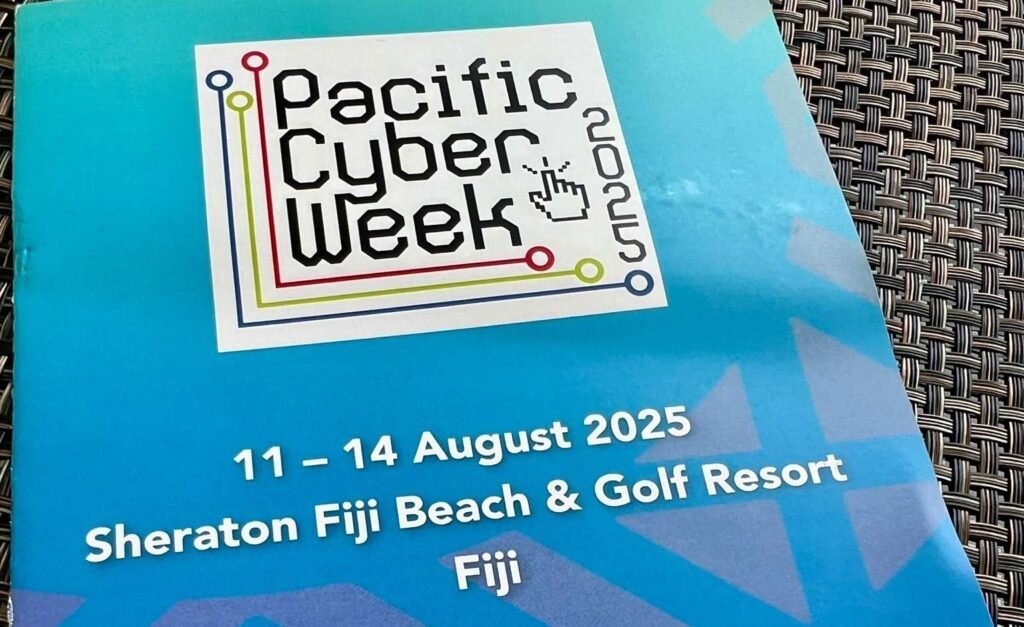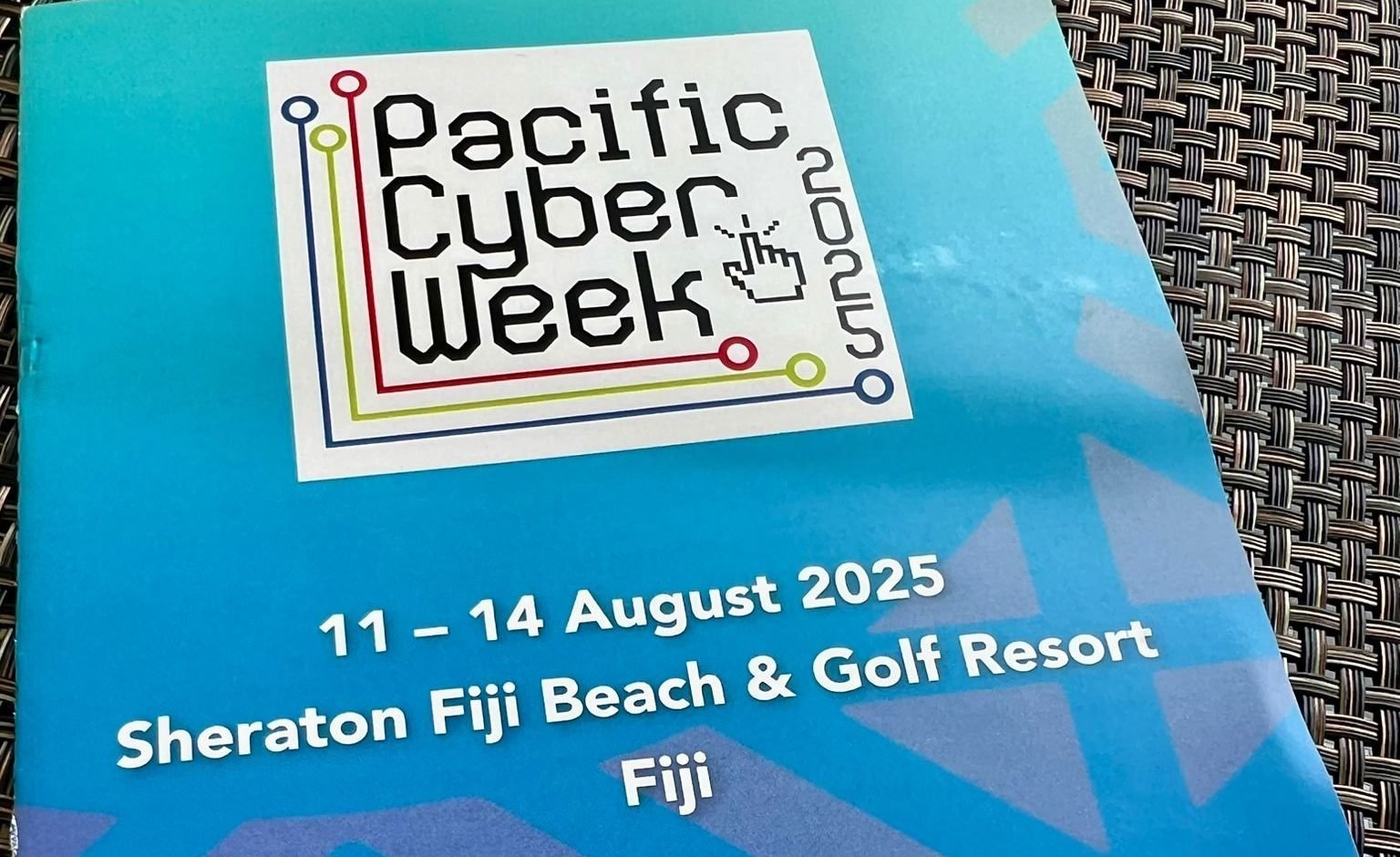[ad_1]

Cybercrime and exploitation pose a unique threat to Pacific islands, where small populations, fragile infrastructure and limited capacity increase their risks. While extra-regional partners already offer cyber capacity building and aid, Pacific island countries have complained about the poor coordination between them. Because of this concern, the Partners in the Blue Pacific group hosted the inaugural Pacific Cyber Week from 11 to 14 August, continuing and expanding on 2023’s Pacific Cyber Capacity Building Coordination Conference,
A marquee initiative of Partners in the Blue Pacific, Pacific Cyber Week was attended by around 200 participants including cybersecurity experts and representatives from governments, industry and civil society inside and outside the region. Pacific Cyber Week shows the way forward not just on cybersecurity in the region, but on coordination between partners across issues to ensure better outcomes for the Pacific.
Cyber Week featured the Capacity Building Conference, reviewing past accomplishments and future action; panels on cybercrime, critical technologies and the role of non-governmental organisations; and workshops and site visits. ASPI representatives hosted a tabletop simulation on responding to an industrial control system cyber incident.
For international partners, public and private, one of Pacific Cyber Week’s crucial opportunities was discussing cyber threats to the Pacific. For aid to have a positive impact it needs to address an existing challenge, rather than being a solution hunting for a problem. Diagnosing the threats and their causes is a crucial first step for cybersecurity providers with varying levels of experience in the Pacific.
The Pacific increasingly faces large-scale cyberattacks that feature prominently in Western national security discourse. In 2025, healthcare systems in Samoa, Tonga and Palau have been maliciously attacked. In March 2024, Palau faced a massive cyberattack, in which government information was stolen and the country’s financial management system was crippled. State actors have been blamed for many of these attacks.
However, these types of attacks are far from the most widespread cyber challenges for Pacific island countries. One Pacific representative shared a powerful story about an online scam that faked messages from family members to steal tens of thousands of dollars. Social engineering scams are particularly pernicious among highly interconnected Pacific communities.
Other representatives discussed the interplay of Pacific cultures and social media. Websites such as Facebook offer powerful opportunities for the proliferation of information and equally powerful challenges from the spread of malicious content. A combination of island traditions and features—such as communal trust and the importance of family—makes these threats particularly persistent and challenging to address.
While there are no simple solutions to any of these problems, Pacific Cyber Week has shown that Pacific islands are not alone in fighting them. The conference highlighted the myriad public and private partners ready to work with Pacific island countries to address their needs.
During events such as speed-dating with industry representatives, Pacific representatives had the opportunity to meet with cybersecurity providers with novel solutions to their digital challenges. Panels highlighted the role of international non-governmental organisations in fighting cybercrime, and how they can expand their offerings in the Pacific. International partners were invited to share their expertise in tackling cyber threats and apply their knowledge to the Pacific. Discussions were also held on setting national standards for cybersecurity and emerging technologies such as AI. During the week, there was a tangible energy and excitement from all partners to work more with the Pacific and help address its unique challenges.
If the Pacific is no longer an afterthought in global strategic competition, allied countries need to work together to address the challenges confronting the region. Pacific Cyber Week was an inspiring example of coordination between partners to find answers to these problems and turn them into meaningful action. For the event to reach its full potential, however, it cannot be a stopping point; it should be a model for allies to work together in the Pacific and beyond. As Fijian Deputy Prime Minister Manoa Kamikamica reflected, ‘if you want to go fast, go alone. If you want to go far, go together.’
[ad_2]
Source link
Click Here For The Original Source.

